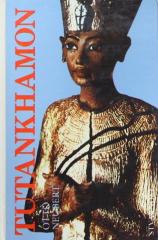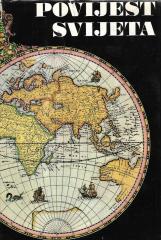
Povijest #10: Doba apsolutizma: 17. stoljeće
The tenth volume of the World History edition covers the 17th century, an era of absolutism and great political, religious, and scientific changes.
Absolutism, embodied in the reign of Louis XIV in France, is characterized by centralized power and court splendor (Versailles). The Thirty Years' War (1618–1648) devastates Europe, changing the balance of power with the Peace of Westphalia (1648). England experiences civil war and the restoration of the monarchy, while the Netherlands becomes a trading power.
The Scientific Revolution changes worldviews: the works of Galileo and Newton lay the foundations of modern physics, and Descartes promotes rationalism. Baroque art (Bernini, Rubens) reflects drama and religious fervor. Colonialism expands, with European powers (Spain, England, France) fighting for supremacy in the Americas and Asia. The Ottoman Empire, although strong, begins to stagnate after its failure at Vienna (1683).
In the Croatian context, the book emphasizes the Turkish threat, the Zrinski-Frankopan conspiracy (1671) and the struggle against the Ottomans. Croatian lands are divided between the Habsburgs and the Venetians. The book is richly illustrated, providing a comprehensive overview of the 17th century.
Multiple copies are available





